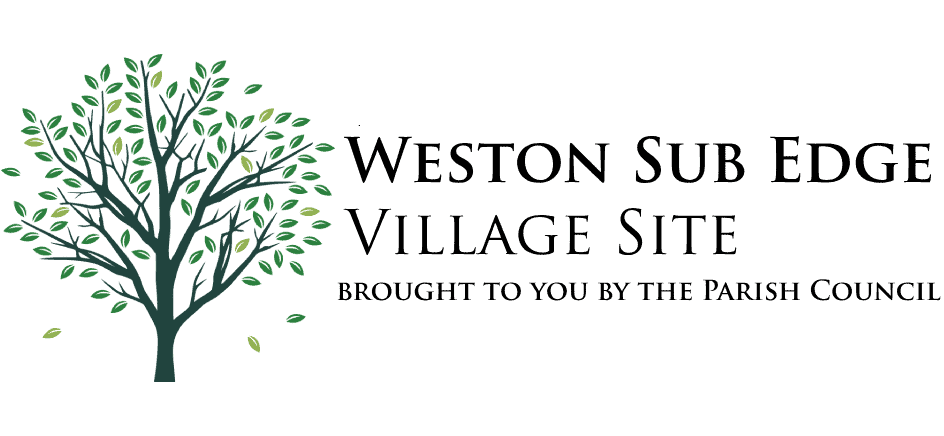In 1980 the late Mrs Alma Vann wrote in the ‘Messenger’ about Weston school and its history. Readers might like to to be reminded of this, and the following is a precise of Mrs Vann’s articles.
The school was founded in 1773 by Thomas Eden, a gentleman living at Broadmarston, who also owned property in Weston parish. He founded a charitable trust, to set up six schools in the district, so that poor children could be taught English in order that the Bible and Prayer Book might be read and church services followed.
The money to pay for books and for the teachers’ salaries came from the rents and profits of a 30 acre estate and house and warehouses in Bristol. There seems to be no record of where the school was held, but it was probably in a room in the house of the school mistress.
In 1845 the trustees gave permission for the teacher to take other children than the poor. These children were paid for by their parents who had to obtain a certificate of character twice yearly from the Rector.
IN 1846 Canon Bourne became Rector of Weston. He soon became concerned about drunkenness and rioting on Dover’s Hill, particularly during the weeks the Games, and with Lord Harrowby, he was influential in bringing about the Enclosure of Weston’s fields and commons in 1850. Thus villagers lost their rights to graze cattle and sheep on the common land, but under the terms of the Enclosure Award, they gained four acres of allotments, one acre for recreation and one rod for a site for school and school house.
Both the Government and the National Society were giving grants at that time for school buildings, and it seems likely, though it has not been established, that the present school was built with money from these bodies, and active encouragement from Lord Harrowby and the Rector. The new school opened in 1852 with 20 children between the ages of 4 and 10 years, and a new schoolmistress.
There were now three interests in the new school. Firstly the Eden trustees who continued to provide money as a grant to the teacher, or as prizes to encourage religious education. They appointed the Rector as their inspector and agent. Secondly, the Church of England, which effectively ‘managed’ the school with Rector, Churchwardens and Overseers of the Poor as trustees. The Diocese also sent an inspector to examine and report on the children’s religious knowledge. Thirdly, the State which now paid the teachers salary and provided books and equipment. They also sent a Government Inspector annually.
Later, the 1870 Forster Act enabled schools to set up boards which could obtain money from the rates for school improvements. However, at a Vestry meeting held in Weston it was decided not to do this but the nine persons present promised to pay a sum in in proportion to their rate assessment.
Canon Bourne became a trustee of the Eden Charity in 1888, and obtained a grant from it towards the enlargement of the school. He died in 1901 and his death signified the end of an era, as the influence and extent of the Church’s control was never to be so great again. Social and political changes ensured the waning of its powers, as the State took up the responsibility of legislation to provide and develop curricula and teaching methods in all its elementary schools.
The 1902 Education Act made Gloucestershire the Local Education Authority for the school and they took over its expenses except for the repairing maintenance of the buildings. The latter increased considerably as more modern amenities were required and the 1944 Butler Education Act which reorganised school into primary and secondary, also gave the opportunity for Church schools to become ‘aided’ or ‘controlled’. The managers decided in 1951 that Weston school should be ‘controlled’. This signified one third church representation on the Board of Managers, some change in Religious Education, and little financial responsibility. The Eden grant which had started the school in 1773 was then transferred from the school to the Church.
Postsrcipt. The school was closed in 1985. The closing of the school brings enormous social change especially to the sense of community.
